Ecole d’Humanité – A new generation of creative critical thinkers
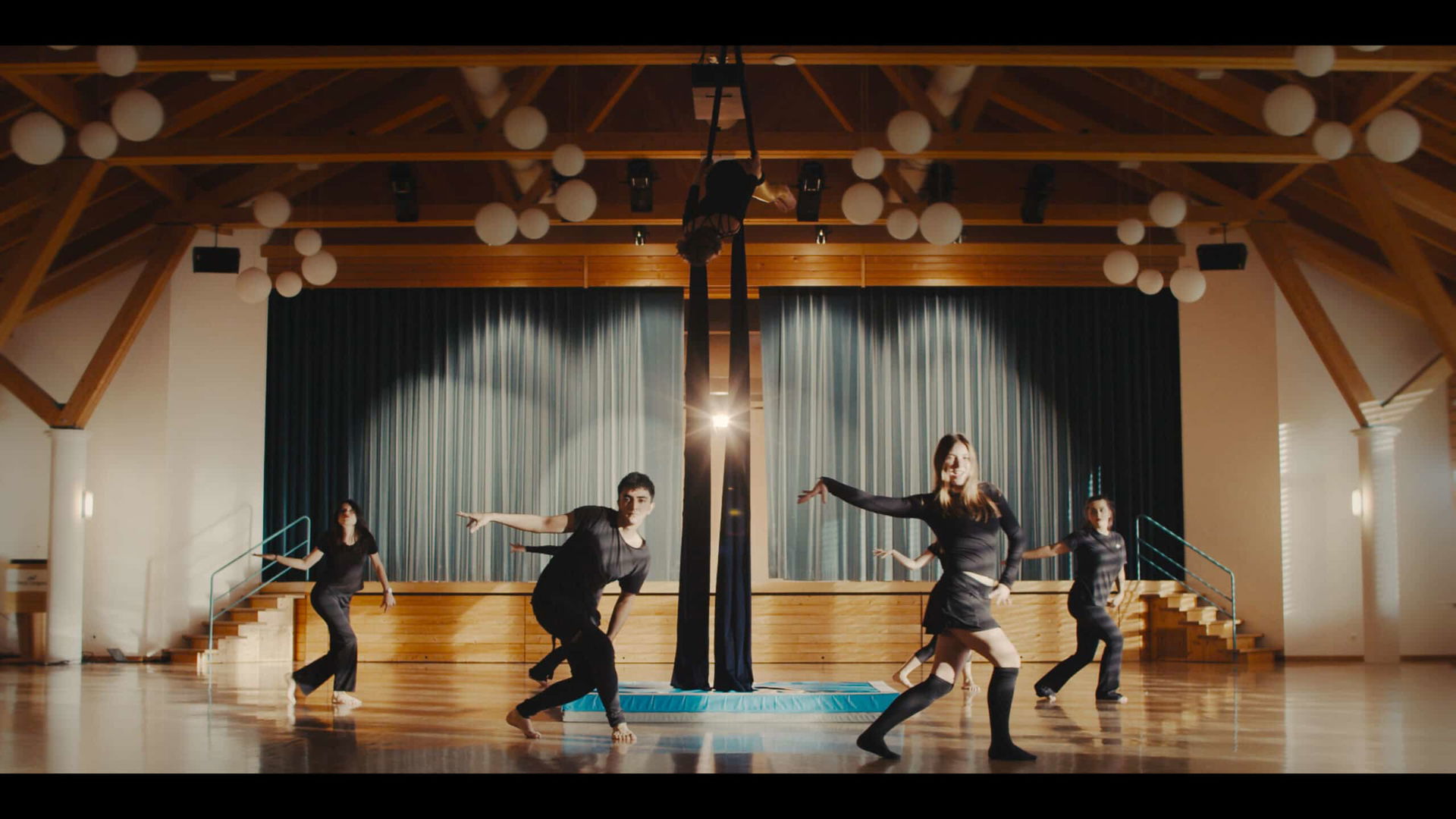
Students of today graduate into a fast-paced and ever-changing world. This presents a daunting task for educators, who must prepare the future generation to manage unknown challenges and opportunities. How do you equip students with the skills and knowledge to overcome problems that we – as yet – don’t know the scope and scale of?
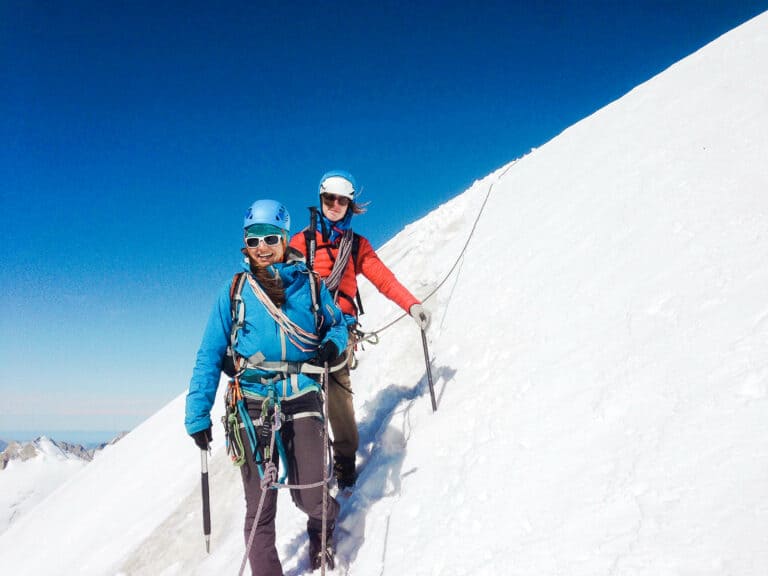
Providing students with the fundamentals of how to think about these challenges at a strategic level is vital; pupils must be skilled in developing and applying their ideas to circumstances about which we have limited current knowledge or understanding. In addition, creativity and critical thinking are crucial elements of strategic thought – they help us visualise a path ahead, analyse it, and shape what success looks like.
Ecole d’Humanité is one of the leading proponents of a progressive, holistic approach to schooling, which puts creativity, critical thinking, and self-determination at the centre of its philosophy. Established in 1934, the school takes its progressive educational ideas from its founding couple, Paul and Edith Geheeb-Cassirer, who believed that every child is unique and their education should be tailored to their uniqueness. The school’s theoretical background also draws from the art of teaching through profound immersion in key subject areas (“Exemplarisches Lehren”) developed by Martin Wagenschein and the Method of Theme-Centered Interaction (TCI) developed by Ruth C. Cohn. The Ecole’s curriculum – accredited by Cognia for the American AP program and the Swiss Governing bodies for the Matura – focuses on developing creative strengths, readiness for engagement in society, and the assumption of responsibility.
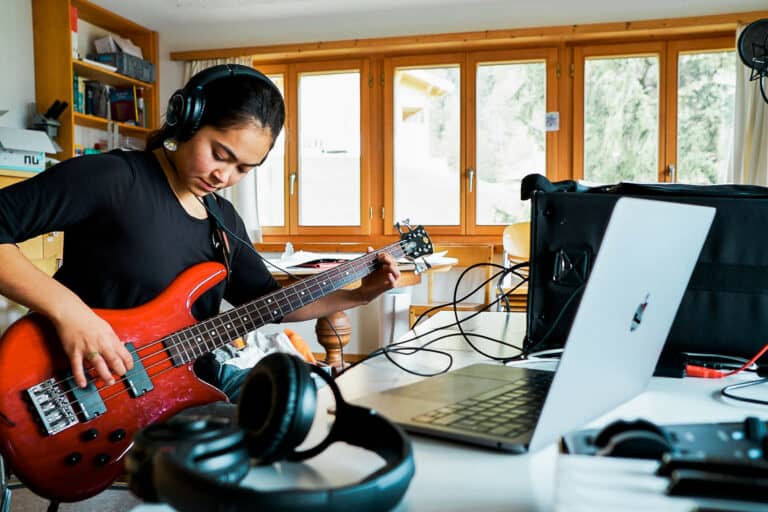
What does this holistic approach look like in practice? The best place to start is the school’s idea of self-determined learning. Even before classes start, Ecole students determine (with guidance from their academic advisor), when, how and what they will study, constructing an academic program that they will own, not just participate in. Choice and passion, negotiation and what-ifs – students are required to understand the consequences of their choices and be active in shaping their learning.
From an early age, students are encouraged to be inquisitive, make decisions, and go into depth about a topic they’re interested in, rather than acquire superficial knowledge. At the start of each trimester, students select three academic subjects on which to focus for the term. Within these academic disciplines, they may explore themes as diverse as Dam Building, Science and Society, or French Theatre. Within these topics, they learn to apply theoretical knowledge in practice for themselves. Projects run for a more extended period to enable students to dig deep into their chosen area, working together in small classes of six to eight students to solve problems, ask difficult questions, and inspire one another. They receive narrative reports and individual feedback instead of grades, with self-reflection an important part of their evaluation. Students develop naturally to become diverse learners, applying broader skills and knowledge to specialised tasks and problems.
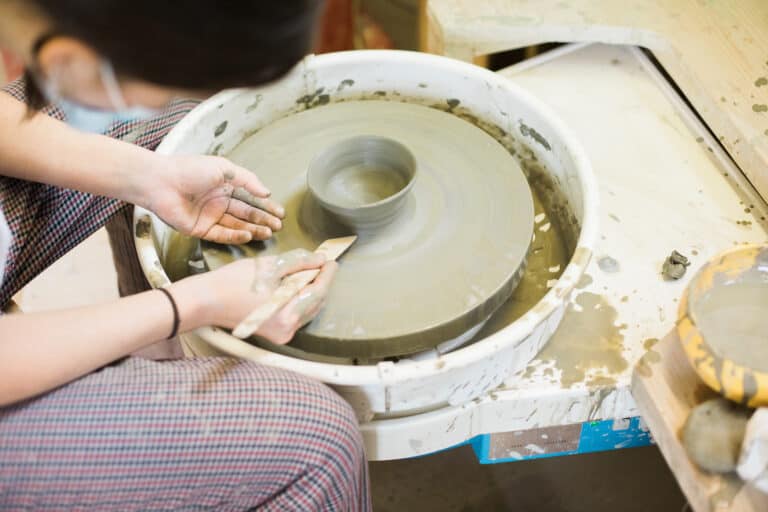
The Ecole also focuses on enabling students to explore their environment and draw out their creative and strategic skills by testing themselves under challenging conditions. The Ecole is the only school to have accreditation from the renown foundation Safety and Adventures and takes advantage of the beautiful yet challenging natural environment around them to empower students to take the lead and learn their strengths. Students participate in hikes year-round, which range from mountaineering to lower-altitude endurance hikes. They take responsibility for their preparation and are taught survival skills by specially-trained instructors while on the trip. Students are immersed in a world where there are unknown risks and challenges that they must overcome, and they must think creatively, and trust their own judgement to succeed.
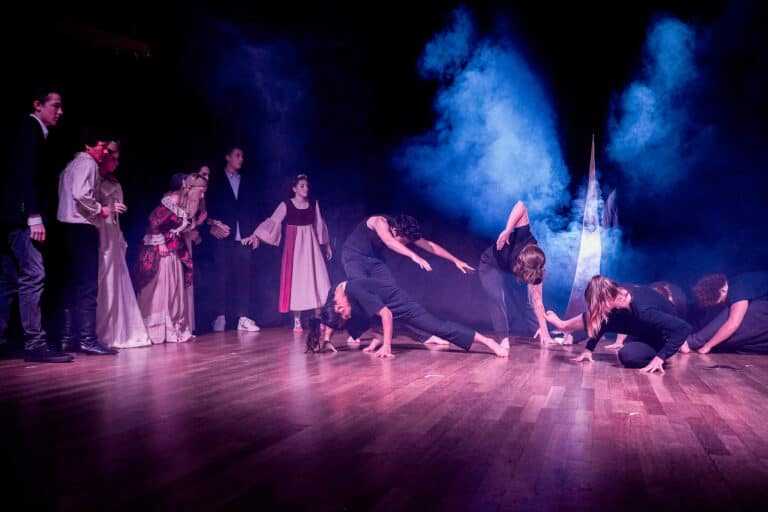
The Ecole promotes a culture of inclusivity and collaboration, crucial tools in facing the challenges of tomorrow in a global world. The international nature of the school’s community allows young people to see diversity as enrichment (they boast over 30 nationalities and a multilingual environment). Students deliver their work together as partners while practising mutual respect for cultural differences.
Creativity, critical thinking, collaboration – these are all skills and competencies that employers are already seeking in their staff. However, it’s safe to assume that many of Ecole’s graduates will gain jobs that aren’t conceived of yet, so it’s crucial to focus education on preparing for the broad-brush requirements of these roles. Ultimately, the Ecole d’Humanité strives for holistic education for its students, supporting and developing strengths, preparing for life in the future and creating a new generation of creative, critical thinkers.
